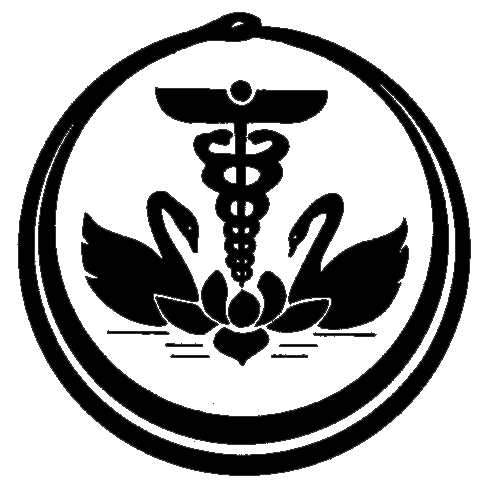. . . continued from last issue
In Ayurveda whenever a herb is given it is usually the whole plant itself or some part of the plant. Whereas in Allopathy only the effective components are administered. Ayurveda believes that part of the plant will act on the disease whereas the rest of the plant would act on neutralising the side effects if any. So how do you conduct research based on Western standards.
Rejection of any science just because it does not meet with conventional standards is also not correct. Such rejections deny the existence of available methods outside of those which have been scientifically proven.
The multidisciplinary approach of both medicine and Ayurveda is slowly finding its way into hospitals. A compromise will have to achieved whereby Ayurvedic research can be done so that its principles are not compromised. Scientists from both sides must understand each other. There is a drastic need to develop new appropriate methodology for Ayurvedic research through collaboration.
Distinction between Ayurvedic herbs, dietary supplements and health foods has to be made. The Ayurvedic herbs have to be strictly regulated. The increased need for these Ayurvedic herbs has resulted in adulteration.
Due to the fact that Ayurveda is very personalised the standard trials using controls and placebos is not possible in Ayurveda. However ethically conducted and well planned observational studies can help with Ayurvedic research. Also there must be thousands of case histories in the old Ayurvedic clinics which have been running for so many years. A study of these should provide substantial information which can be used as an evidence base. It can help to strengthen the fact that Ayurveda has been helpful in treatment.
The use of radiotracers and nuclear tracing can be helpful in studying the effect of the Ayurvedic drug in vivo.
Aahara or food plays such an important role in Ayurveda. More than medication the emphasis is on maintaining a healthy lifestyle. Through this certain diseases can be prevented. This is another area where research can be done.
Reverse pharmacology is a way by which research on Ayurvedic plants can be conducted.
The basic fundamentals of Ayurveda like Prakriti, tridoshas, dhatus and strotas have to be throughly understood before any research is attempted.
Basic differences between Ayurveda and modern medicine should also be taken into account when designing research protocols.
Research is a process that converts data into information, information into knowledge and knowledge into wisdom.
Rather than competing and going towards Western medicine, Ayurvedic scientists should work to enhance the core of Ayurveda without compromising on the basic principles.
Mrs. Mira Swami, Department of Ayurveda
